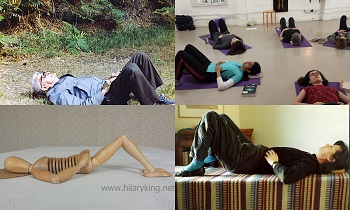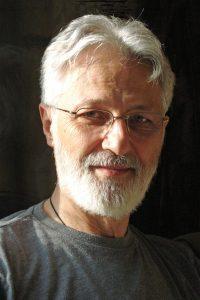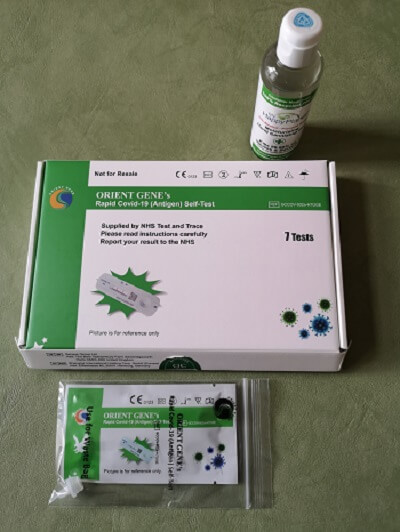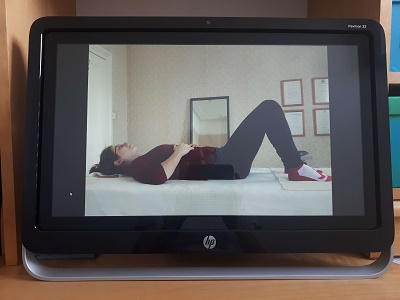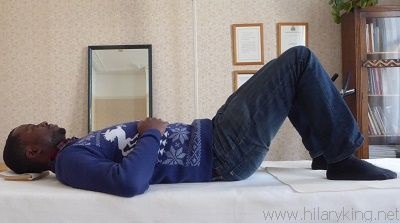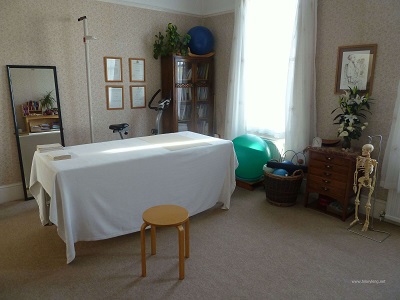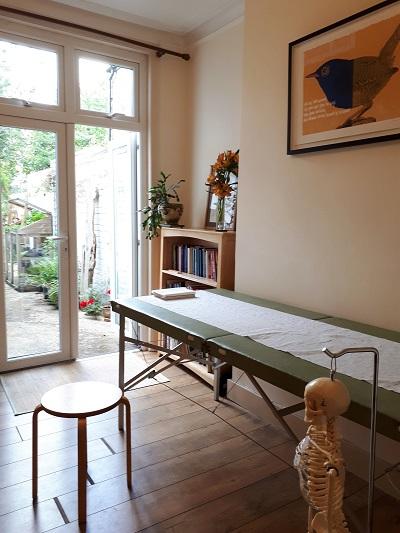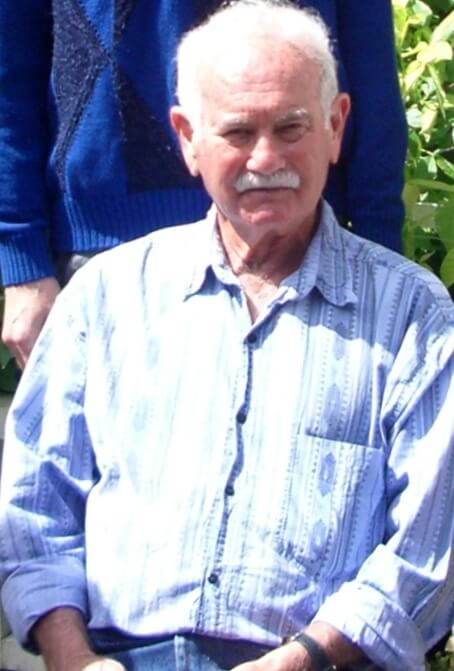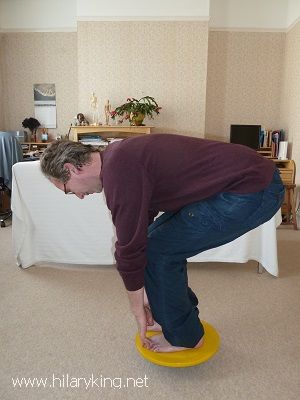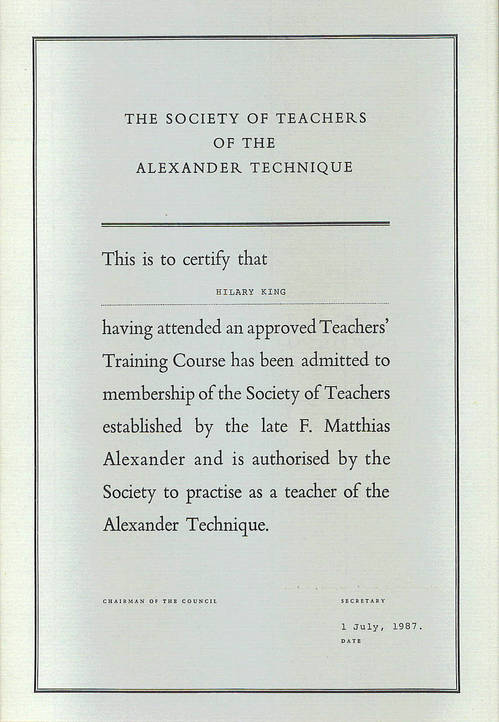We’re on The Suffragette line
All London Overground lines have been renamed this autumn and our local one has become the Suffragette Line. Our station is Harringay Green Lanes. This useful transport connection runs for 13 miles between Gospel Oak by Hampstead Heath (where it links with the Mildmay Line) and the new Barking Riverside Station, by the River Thames, which was opened in July 2022. Our station, Harringay Green Lanes, was opened back in 1880 and the original ticket office still exists but is used for other purposes.
Harringay Green Lanes Station has step free access and is less than five minutes walk from my Alexander teaching practise. Trains usually run approximately every 15 minutes during the daytime. The newly named Suffragette Line will be shown with double green lines on the TFL train maps.

The Suffragette Line
The Overground Suffragette Line, was so called in order to celebrate the women of the working-class community in the East End of London, who fought tirelessly for women’s rights during the early 20th Century. In particular, the longest-lived suffragette Annie Huggett lived, worked and died at in Barking, at the great age of 103.
It is thanks to women like Annie Huggett that women are now able to vote and to enjoy almost equal status with men in this country (a bit of a way to go there…) So I am delighted that our local train line’s name will be celebrating those pioneering women. The renaming will also make the line more visible on the train maps and make it easier for people to find our corner of Harringay.
Harringay Green Lanes Station – and nearby Harringay Station
Harringay Green Lanes Station is not to be confused with nearby Harringay Station, which is on the Great Northern Line route and was opened in 1885. This station lies between Hornsey and Finsbury Park, and serves trains on the East Coast Main Line, linking Harringay to places like Alexandra Palace, Highbury and Islington and Moorgate.
